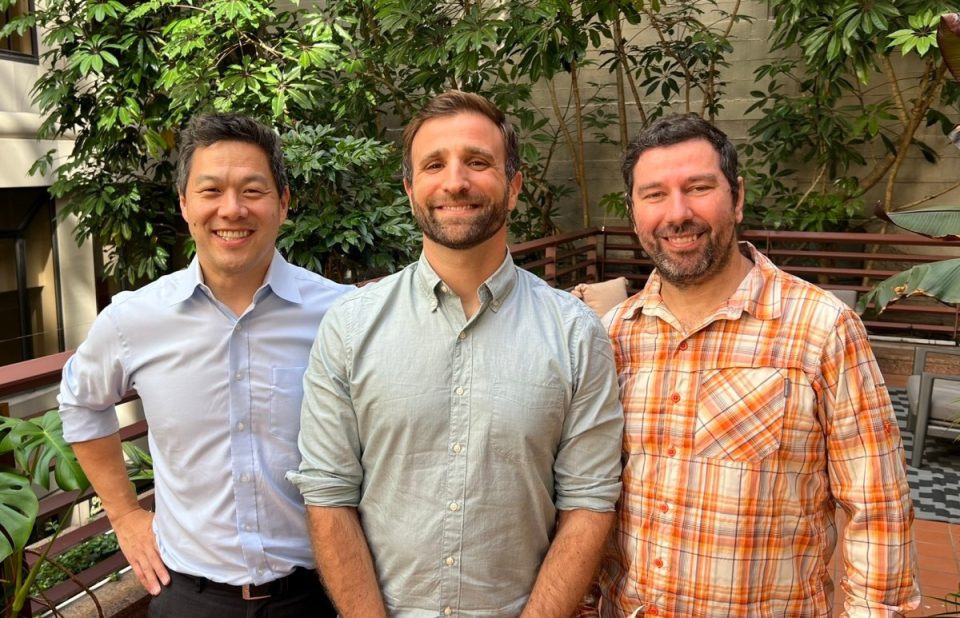In 2020, Mark Chen’s son sent his relatives a brief and unusual Christmas list: In lieu of presents, he wanted carbon credits.
“He was 12 at the time,” Chen told TechCrunch. “He came up with the idea. I thought it was great, so I started looking into carbon credits. I stepped into the chaos that is the carbon credit market. I thought I knew what I was doing because I had experience in solar, and I have a technical background, but it was crazy.”
He started by trying to determine what made a project high quality, which rating organizations were the most thorough, and which ones would actually make a dent in climate change. But he kept coming up empty-handed.
“If I’m having this problem — I felt like I was a moderately well-versed consumer — surely other people out there were having this problem. I realized it was a market failure,” Chen said.
It’s not just individuals having this problem, he added. Plenty of companies with sustainability goals are adrift, lacking dedicated teams to oversee their carbon credit purchases. So Chen founded CNaught, a startup that wants to make buying carbon credits easy for smaller players who may not have the time or resources to dive into the nuances of the market.
Today, the carbon markets largely cater to big organizations like Microsoft or Stripe, which have robust sustainability programs and a long history of buying carbon credits and driving projects. But total market, Chen argues, would be much bigger if smaller businesses could find an easier entry point.
“There are literally more than a million companies in the United States with more than 20 employees. And yet, the number of listed carbon credit buyers in registries is numbered in like 7,000 or 8,000,” Chen said.
Techcrunch event
Berkeley, CA | June 5
Chen found an ally in Rafi Syed, general partner at Bow Capital. “I scoured the software landscape for carbon and energy transition software, and 75% of these software companies or more are trying to sell to Microsoft, Stripe, Shopify — the huge buyers that have some sustainability team — totally neglecting the fat tail,” he said.
Syed and Bow Capital led a $4.5 million seed round into CNaught, the company exclusively told TechCrunch. FJ Labs, Karman Ventures, and Silence VC participated.
CNaught’s core operation searches for projects with available carbon credits, vets them, and buys those that meet its standard for quality. The company is not inventing a new standard, but rather incorporating third-party ratings with other information about a project to determine its worth. It then buys high-quality credits in bulk and holds them in inventory.
The startup then sells those credits at a flat rate to customers, making money on the spread between buy and sell prices, Chen said. Customers can work with CNaught to specify which type of projects they’d like to buy credits from or pick from a default mix that CNaught has developed, similar to an ETF offering for retail stock investors.
The company has a range of customers so far, from smaller businesses like Seattle Chocolate Company to larger ones like Palantir.
“We’re trying to be that easy button. You know, make it so simple where they just have to tell us how much do they need,” Chen said.
Tim De Chant is a senior climate reporter at TechCrunch. He has written for a wide range of publications, including Wired magazine, the Chicago Tribune, Ars Technica, The Wire China, and NOVA Next, where he was founding editor. De Chant is also a lecturer in MIT’s Graduate Program in Science Writing, and he was awarded a Knight Science Journalism Fellowship at MIT in 2018, during which time he studied climate technologies and explored new business models for journalism. He received his PhD in environmental science, policy, and management from the University of California, Berkeley, and his BA degree in environmental studies, English, and biology from St. Olaf College.
